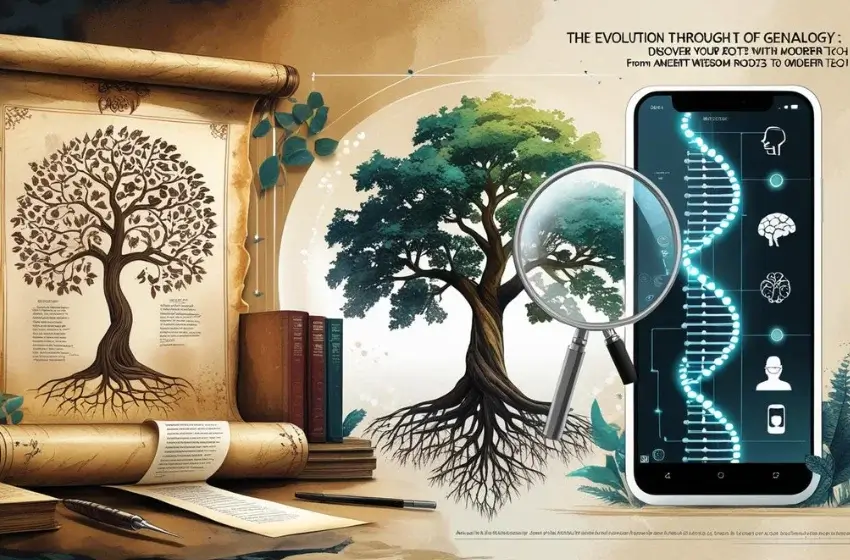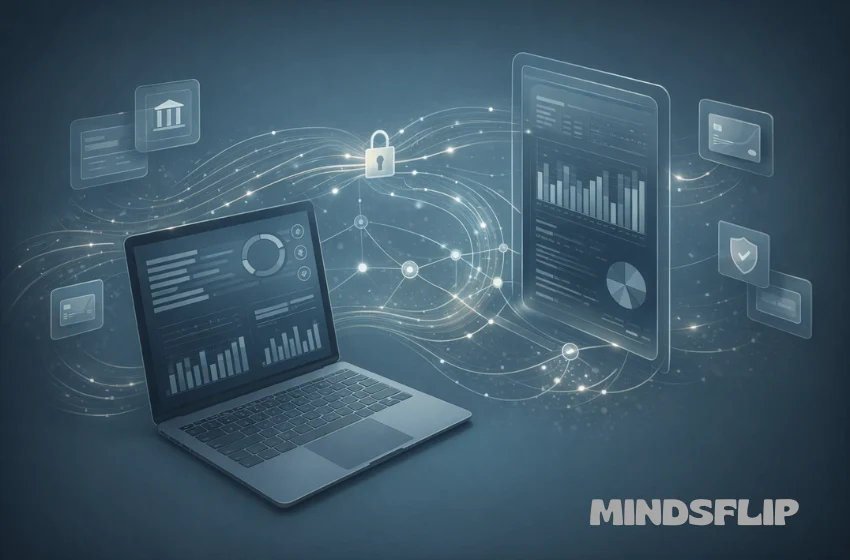Is There Anything New in the Ancient Art of Genealogy?
Is There Anything New in the Ancient Art of Genealogy?
People have been wondering where they originated thousands of years ago. Stories, names, and traditions have been discussed within families and passed down through generations. This keen desire for ancestors is referred to as genealogy. Although the study of genealogy is not a new phenomenon, recent tools and discoveries are still changing how we trace our roots.
In the modern world, innovations, science, and even social evolution have given some new meanings to this eternal quest. In this article, we will look at the evolution of this ancient art of genealogy, what new aspects have been developed, and how you can take advantage of these new aspects in creating your family tree.
Genealogy has Ancient Origins.
Genealogy is not something new in human history. Oral storytelling is something people have been using to teach the history of their families long before modern records. Early histories of Royal lineages were recorded in ancient civilizations, including those of the Egyptians and the Chinese.
These documents helped maintain family bonds, and property and titles were inherited correctly. In most societies, knowing your lineage was imperative. It was a means of showing your worth in society or your inheritance. As a case in point, in ancient Rome, genealogy mattered in political careers. Ancestry and Noble families of medieval Europe recorded their lineages because status and power depended on them. However, these early records of genealogies were confined. Only the rich or influential could frequently afford to document their family history, and ordinary people rarely left written records of their ancestors.
The Importance of Records in Written Form
With the increasing organization of societies, written records became increasingly popular. States started keeping census records, immigration documents, and civil records. Genealogy became more widely accessible to people in the 19th century. Public records, newspapers, and archives could now be used to research people's ancestors. Thus, it has become straightforward to trace one's roots.
Digital Revolution: A Game Changer
Digital archives help unite relatives who live far apart and reveal previously unknown branches of a family tree. Another advantage of digital platforms is that they can store and organize information effectively. This ease has popularized genealogy more than ever before.
The DNA Testing: A Scientific Breakthrough
Genetic testing services are available and cheap through companies such as 23andMe, AncestryDNA, and Living DNA. People can get to know their ethnic roots and find out about the relatives they have never seen with a simple saliva sample. We can get the following advantages with the help of DNA Testing:
- Ethnicity estimates: Discover the toll of ancestry all around the world.
- Matching in terms of Genetics: You can find your lost relatives who share the same genetics as you.
- Indications on Health: Specific tests provide data on hereditary health risks.
DNA may also be used to resolve age-old family secrets. For example, adoptees have used DNA testing to locate biological parents. Others have solved family mysteries or proved controversial family relations.
DNA testing is powerful, but it also raises some ethical questions. Issues of privacy and surprise findings about family relationships may sometimes be challenging. The issue of DNA testing ought to be handled with care and tact.
Genealogy in Terms of AI and Machine Learning
The latest tools to transform the world of genealogy are Artificial Intelligence (AI) and machine learning. The technologies can rummage through large quantities of information quickly and draw links that would otherwise take years to uncover by human means. By way of example, AI can:
Decode and Copy Old Handwriting:
Much of history is in old, hard-to-read handwriting. AI will be useful in digitizing and transcribing these documents.
Recognize Patterns:
AI algorithms can analyze massive databases to discover matching names, places, and dates.
Predict Family Relations:
Artificial intelligence can suggest family ties using the available records and genetic information.
With AI’s help, genealogists can create more correct family trees and solve complicated puzzles faster.
Social Media & Its Role
Genealogy has also been changed through social media sites. Today, millions of online groups, forums, and communities exist where individuals can exchange resources, share experiences, and tell personal stories. We can get the following services:
Help and Guidance:
Inexperienced genealogists can get tips and tricks from the more experienced ones.
Collaboration:
Although the family members may live in various countries, they can collaborate.
Genealogy Tourism and Virtual Reality
Virtual reality (VR) has also entered some companies and museums to improve the genealogical experience. VR can enable users to travel to the lands of their ancestors without having to leave their houses. It is possible to walk the streets your ancestors used to live on, visit some historic buildings, or look through the cemeteries where some relatives are buried.
Many individuals visit their heritage nations to follow in their fathers’ footsteps. These visits form strong emotional ties with the past and make people more knowledgeable of their heritage.
Cultural and Historical Research Has Its Place and Certain Limitations
The role of traditional research in genealogy is still significant, although the role of technology is enormous. It is more informative when you are aware of the cultural and historical setting of the period in which your ancestors lived. For example: Migration patterns, why did your people migrate (move) around?, History, Wars, famine, or political processes that impacted their lives.
On the one hand, you can perform historical research and build up a high-resolution picture of your family tree, not just names and dates.
Conclusion
Genealogy is an old art that keeps abreast of time. Through oral history, written documents, and most recently, DNA tests and artificial intelligence, the means by which we get to know our family tree have never been greater. The tools may have changed, but the need to feel connected to our ancestors is strong, just as before. Using the latest technology and the love of exploration, every person can take a wonderful trip, learning about their roots.











